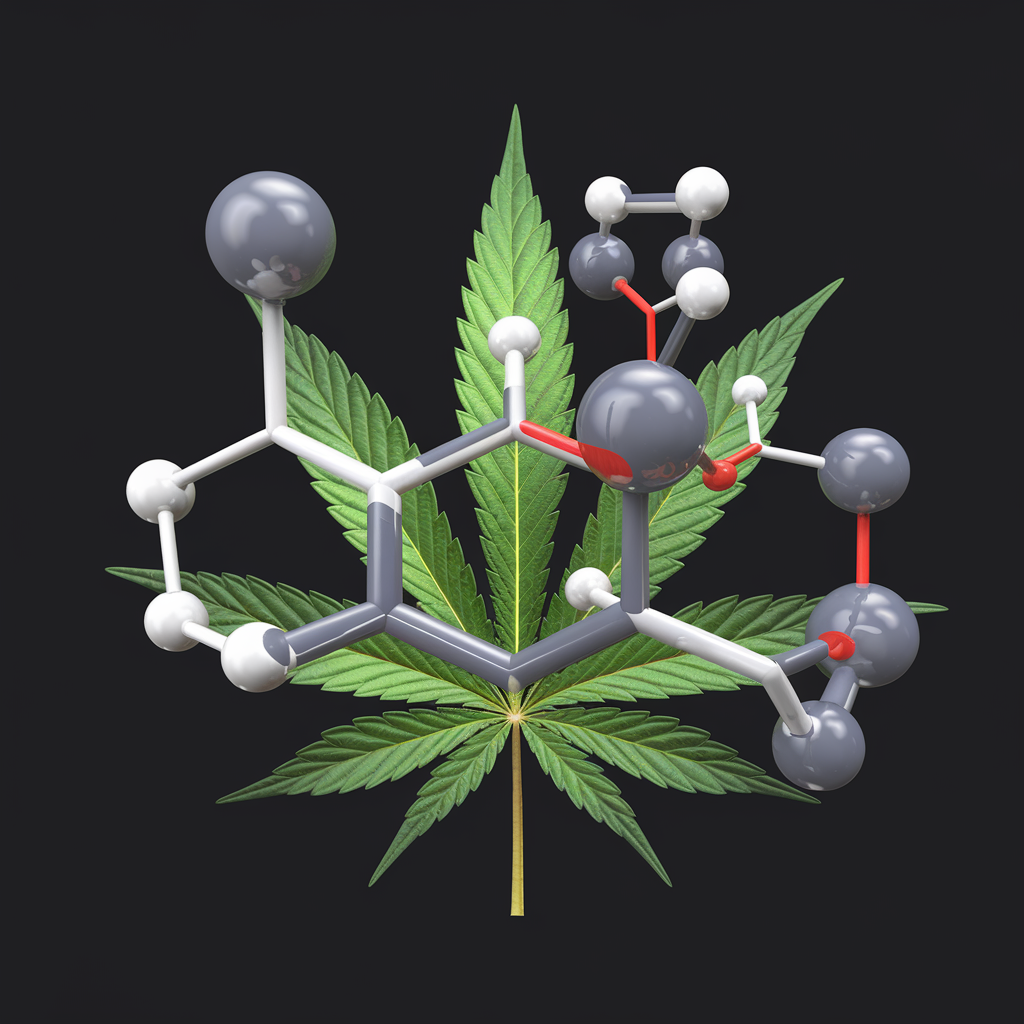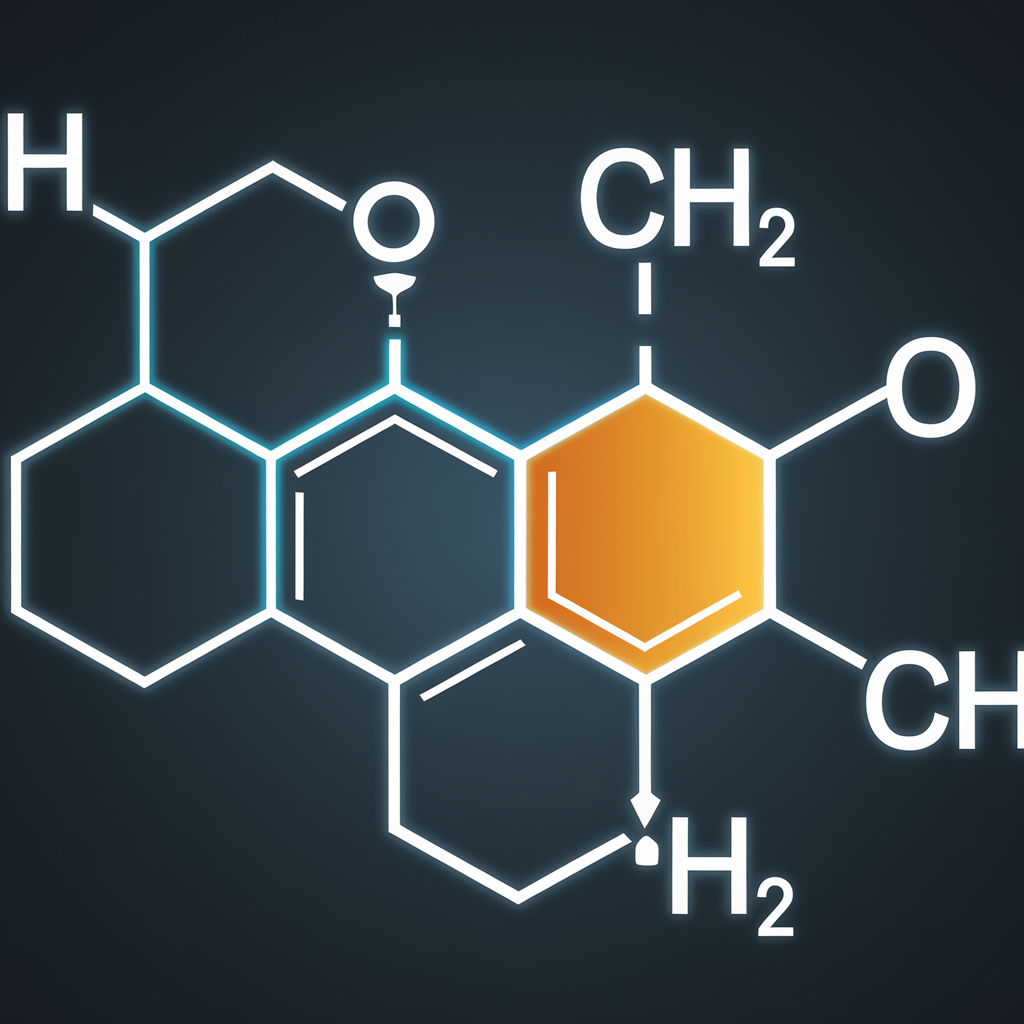You have probably come across the term cannabidiol, but do you know how exactly it works in the body? The compound which is obtained from the hemp plant is argued to be effective in managing various conditions without the high normally associated with cannabis due to THC presence. With its increasing popularity, you might think about the way it affect to the human endocannabinoid system, which is crucial for a proper mood, sensation of pain and stability of the human organism in general. What is possibly more interesting is how this knowledge would alter the way you view health and wellness. What does this have in store for you?
What Is Cannabidiol?
CBD, or preferably cannabidiol, is a primarily extracted from hemp, which is non-psychoactive compound that has experienced a rise in popularity as a result of its health benefits. Unlike its cousin THC which is the predominant psychoactive compound in cannabis, CBD does not have any psychoactive effect. For those looking to enjoy the medical benefits of weed without an out-of-body experience, it can be a viable alternative.
If you’re curious about the origins of CBD, you should know that it is obtained from the cannabis plant, but more specifically from industrial hemp. This specific strain contains a higher percentage of CBD and a much lower concentration of THC. There are other CBD extraction techniques available, but the most common and most effective technology is CO2 extraction.
Furthermore, the cannabis plant fibers undergo several additional steps to create end products. These include oils, capsules, tinctures, edibles, pet products and creams, making it easier, versatile and more widely accepted. By using hemp derived CBD, the user is guaranteed no psychoactive effects although there are certain health benefits to be gained.
CBD and the Human Body
Overall, incorporating CBD into your daily routine should be done with an understanding of your body as well as how CBD may react. Cannabidiol or CBD for short, interacts with your endocannabinoid system and cannabinoid receptors throughout the body that regulate physiological and cognitive processes including sensations such as pain or even your mood.
When you take CBD, it’s not like THC which binds directly to ECS receptors. Instead, depending on the case, it encourages the body’s own cannabis compounds to bind with or block these receptors leading to a diverse effect. For example, cannabidiol might stop the metabolism of some endocannabinoids leading to their higher levels in the body and consequently homeostasis improvement.
Moreover, it’s also important to note that CBD interacts with a variety of other biological pathways. This is the case because it acts on the tissue cannabinoid receptors only, but on serotonin and vanilloid receptors as well, which can change the range of pain and stress in a person.
Health Benefits of CBD
A number of interesting studies have unveiled several potential health benefits of cbd which has generated a lot of buzz not only among researchers but the common person as well. It is not surprising to most people that cannabidiol comes on the list of products that are considered to have anti inflammatory substances. This might assist in treating diseases such as chronic inflammation such as arthritis. It is also known for its antioxidative effects which might help you with cellular damage and protect your body against oxidative stress which is known to be a culprit for many diseases.
You may have heard the news about CBD and how it can become a potential game changer in the realm of mental health care. CBD is known to give a generally calming effect and might come in handy for those that suffer from anxiety and depression, or even thoughts of suicide as it does not have the corresponding high that comes with THC or other cannabis. This means that it is one of the favorable options if one is looking forward to some form of relief without experiencing any side effects.
Additionally, recent studies claim that CBD is helpful in maintaining heart health through blood pressure regulation and preventing cardiovascular damage. This becomes helpful for people who wish to maintain a proper heart as they get older.
Currently, the research is still ongoing but the benefits attached to CBD seem never ending. With a better understanding on how the substance interacts with your body, the chances of integrating CBD into your health and fitness regimen increases significantly. However, it is always recommended to reach out to your doctor first to see if it’s something that is suitable for your body.

Common Uses of CBD
Cannabidiol is associated with a range of potential benefits and, as a result, is frequently used for a variety of purposes. Plenty of routine activities can appear bizarre at times, especially considering how CBD is used. Millions of people worldwide experience chronic pain, which is one of the conditions that CBD is thought to help treat. Reports suggest that CBD works in conjunction with the body’s endocannabinoid system, which helps to alleviate inflammation and restrict pain receptors within the body, and, in doing so, helps to relieve chronic pain.
Next, pay attention to the CBD percentage in the formulation of the product. If you are new to CBD, start off with a small concentration and increase it gradually if required. In this way, you can monitor and evaluate how your body responds to the dosage.
It is also very important to ensure safety and quality of the product purchased. Look for products that are third-party tested, and also offer clear and unambiguous labeling of their contents. This gives you assurance that you are getting a good product without any dangerous ingredients.
Finally, what kind of type do you prefer to use: cannabidiol? There are several options available in the market. For instance, full-grade products have many cannabinoids in them and thus, can be more effective to their consumers due to the all-benefit effect. However, if you are concerned about THC, broad spectrum or isolate are THC free alternatives that won’t have the negative impact of THC but will still have its advantages as well.
Future of CBD Research
As you explore the different types of CBD oils and tinctures among other products, it will also be crucial to look backward into the future of CBD exploration. The scientific community hasn’t really scratched the surface in terms of understanding how CBD works with your body. Subsequent programs will explore its possible medical uses, safety measures, and how they work.
With ongoing studies, there is a chance the research moves on to specific illness like anxiety, chronic pain, and epilepsy. This implies considering not only the effectiveness but also how CBD can be deployed within the scope of other treatments. Likewise, given the changes in law and the legal approach, there will be a more conventional focus on standardized dosing, purity, and methodologies of production. Thus, it will be simpler for you to decide which products are safe and useful.
In addition, with greater resources and interest, you should expect advancements in CBD methods of use. New methods are being developed that can delay your side effects meaning that a faster and more effective treatment will not be a far-fetched goal. There could be new forms of medication As they are more effective they are capable of enhancing bioavailability and retention with consistent medication options available.
Conclusion
From what you have learned CBD seems to be of great importance as it has potential to be of help in alleviating inflammation, anxiety and several other issues despite having many debatable areas. To grasp its full potential one must understand its interactions with the body on a deeper level. There are some cases where the legal status of cannabidiol is in question so it is advisable to confirm your state of residence. When selecting a product, emphasis should be on excellence and openness. As research continues, more possibilities for how CBD might subsequently aid your health seem promising.

